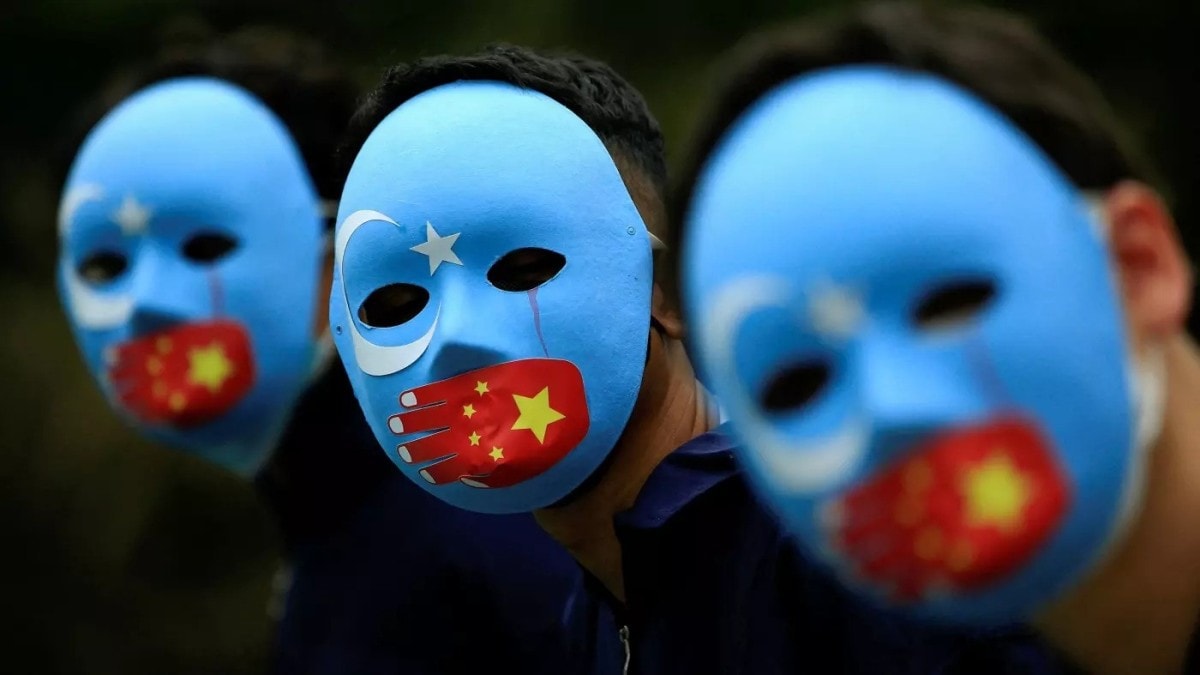
“Oh, you are a feminist?” “How can you be a feminist?” “You’re just spoiling women.” “Women must stay inferior to men.” “Women must know their boundaries.
” “Begairat! Sharam kro (Shameless, Have shame).” These are the kinds of questions and statements often directed at those who support feminism or identify as feminists. The irony is that the term feminism is widely misunderstood, and many who voice such criticisms have little idea of what feminism truly stands for.

Feminism gained prominence during its historic waves, which advocated for women’s rights in various spheres of society. Encyclopedia Britannica defines feminism as “the belief in social, economic, and political equality of the sexes.” However, today, this call for equality is often perceived as contentious, with its meaning and objectives distorted by societal misinterpretations.
Feminism now carries negative connotations for many, partly due to individuals who misrepresent its essence and partly due to media sensationalism that prioritises controversy over genuine issues. Europe’s Selective Outrage Media platforms have increasingly failed in their responsibility to highlight critical matters. Instead of focusing on pressing concerns like the rape of a female doctor in India, a child rape case in Pakistan, women fighting for equal pay in China, or sex trafficking in Central Europe, many media outlets chase sensationalism to boost ratings.
These neglected issues demand attention, yet they are overshadowed by divisive rhetoric and propaganda. To clarify feminism’s true purpose, let’s examine two contrasting perspectives. Rush Limbaugh, a prominent media figure, once stated that “Feminism was established to allow unattractive women easier access to the mainstream.
” Such a statement blatantly undermines and dehumanises an identity rooted in equality and respect. On the other hand, Naomi Wolf’s 1991 book The Beauty Myth has been criticised for its polarising stance, particularly her assertion that “The beauty myth is not about women at all. It is about men’s institutions and institutional power.
” This oversimplifies complex societal dynamics, reducing beauty standards to a tool of male domination while ignoring the roles women and cultural diversity play in shaping these norms. Mislabeling Edibles Both Limbaugh’s dismissal of feminism as destructive and Wolf’s extreme views create a polarised narrative, making it harder to grasp feminism’s genuine principles. Limbaugh portrayed feminism as a movement intent on dismantling traditional values and family structures, while Wolf’s later works, like Vagina: A New Biography, drew criticism for pushing feminism into extremism rather than advocating balance and mutual respect between genders.
Amid such opposing extremes, society struggles to recognise the need for a balanced perspective—one that values both genders and ensures the rights of marginalised groups, particularly women. Early feminism, especially during its first wave, focused on securing fundamental rights for women as an oppressed gender, without any intention of dominating men. A true feminist respects men as equals, harbours no hatred, and advocates for the rights of all humanity.
Hillary Clinton’s words deserve mention here: “Human rights are women’s rights, and women’s rights are human rights.” Violence Continue Society thrives when men and women participate equally. Tasks such as washing dishes or earning a livelihood should not be confined to gender roles but should shift according to circumstances.
Mutual understanding and shared responsibilities are essential. Just as stagnant water loses its purity, centuries of oppression have left women with deep-seated anger. Yet, the demands of so-called modern feminists often dilute the essence of feminism, mixing its meaning with calls for exclusion rather than coexistence.
It is time for an awakening—a call for both men and women to better understand gender roles and recognise that women and men are equally human, capable of nurturing and respecting one another. Advocating for the rights of the oppressed is not an act of shamelessness. However, it is vital to distinguish between those who are genuinely oppressed and those who play the victim card, using false allegations of racism or discrimination.
Oppression knows no boundaries; it can affect a child, a woman, a man, or any other gender. Cartoon To move forward, we must critically evaluate our actions and decisions. At our core, we are all human, and true humanity lies in valuing others beyond gender distinctions.
By supporting one another and addressing the real needs of the marginalised, we can redefine equality. And in doing so, we must each reflect and ask ourselves: “Am I a feminist?” AZAAN KAWISH, Lahore. Tags: a feminist.















